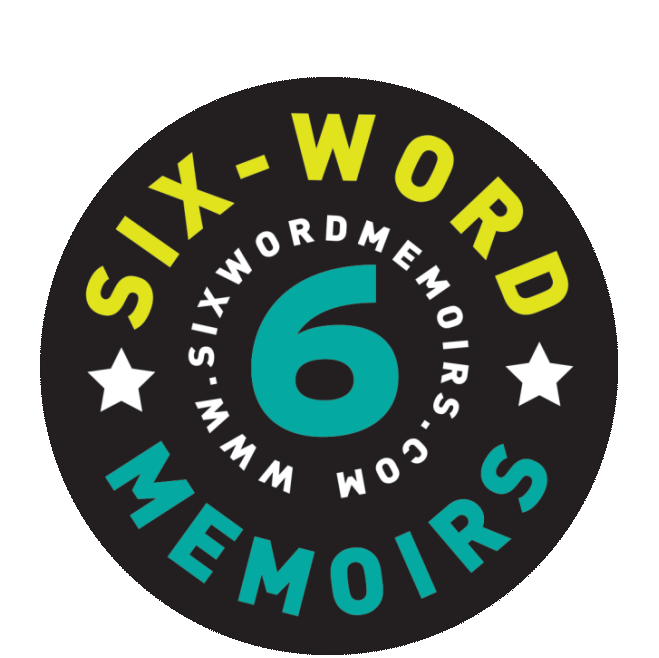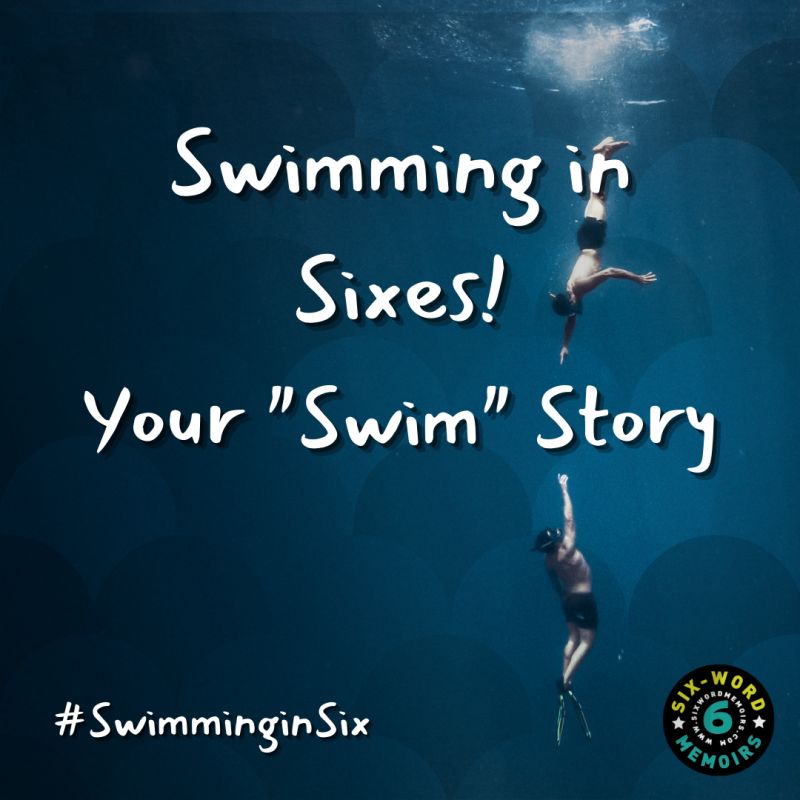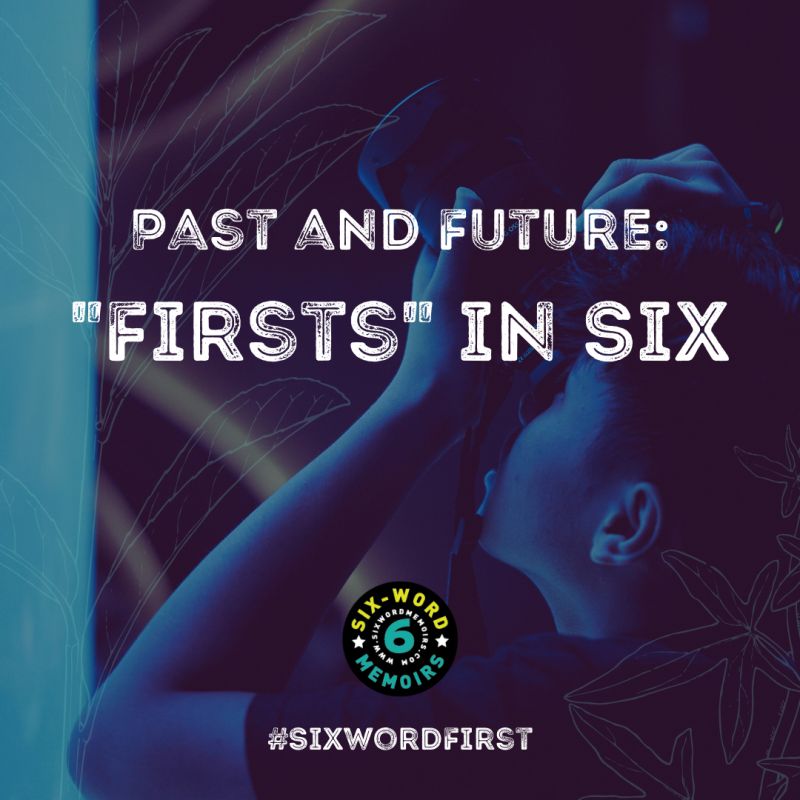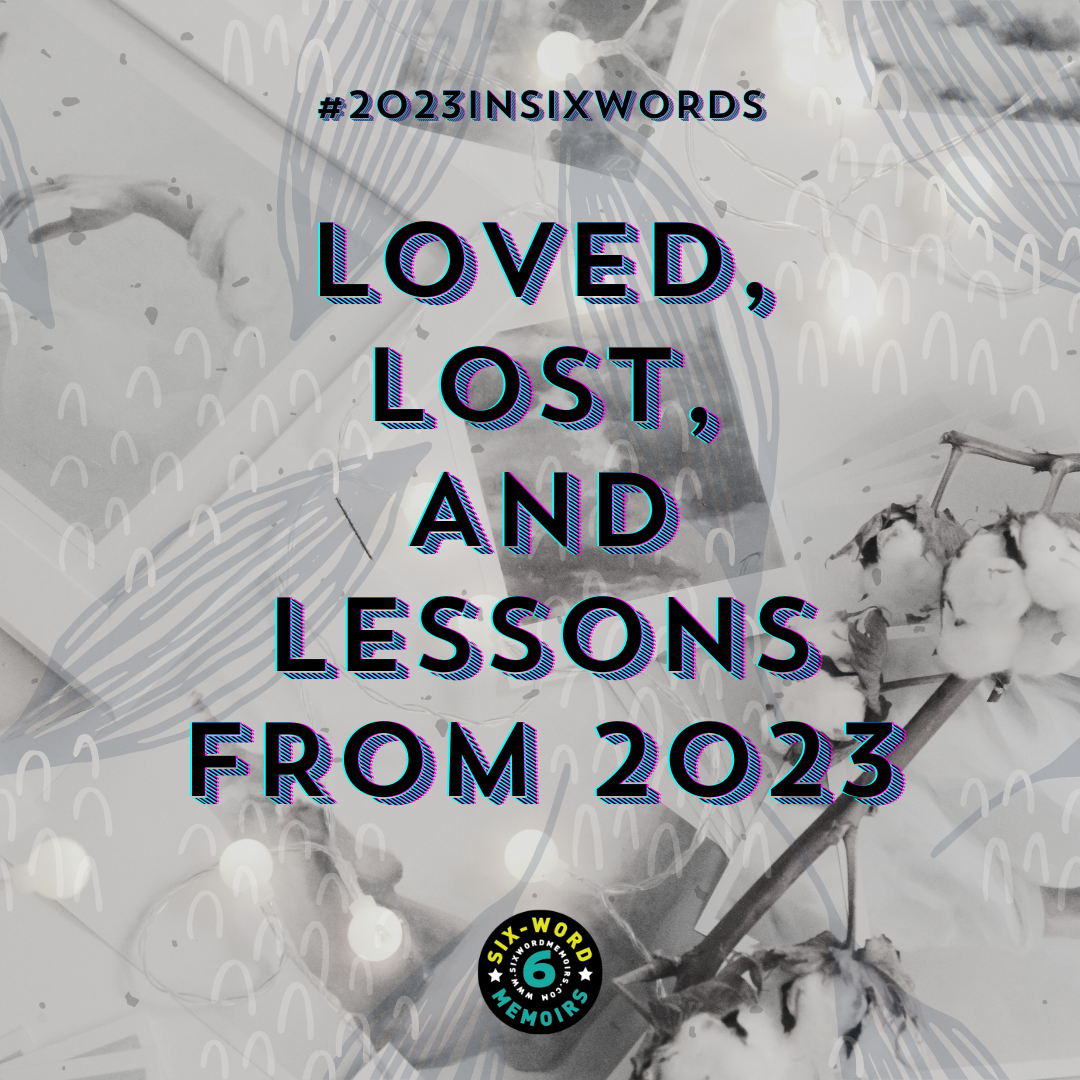Tabitha Cooper’s first exposure to Six-Word Memoirs came in the form of a perfect condition copy of I Can’t Keep My Own Secrets she picked up in her local bookstore. Years later, Cooper’s copy of the book is well-worn and Cooper has implemented the idea into her English classes at Metamora Township High School in Metamora, Illinois, where she teaches.
Cooper was attracted by the alignment the book had with what she was teaching. “Six-Word Memoirs is a brilliant way to introduce memoirs in a classroom by starting off small and then kind of growing from there,” says Cooper. “I also thought it was an ideal way to teach connotation, denotation, and word choice and its value within a classroom when you only have six words to work with. I just kind of stumbled onto the book; now it’s totally worn out and covered with post-it notes now and I love it.”

Ms. Cooper’s class displaying their Six-Word Memoirs
In her English Two and dual-credit senior English classes, Cooper has interwoven the six word format within her curriculum, having students write Six-Word Memoirs about a range of topics, including an event, person, or place that is meaningful to students and about books that Cooper features in her classes.
During these lessons, Cooper is sure to emphasize the importance of even the most miniscule details in writing.
“I’m really into syntax sentence structure and punctuation,” says Cooper. “Some of the student’s memoirs have unique punctuations and they have to defend their use of, for example, capitalization. They specifically have to think about all of those things when they make their memoirs.”
Cooper also appreciates the creativity that writing a Six-Word Memoir encourages, in a world where creativity may be getting harder to come by. “These days, it’s a little bit more difficult to get kids to write and to get them to be creative. AI is taking that creativity away from them. Many turn to AI because they don’t have time to be creative or they don’t have time to do these things,” she adds. “When you start with a Six-Word Memoir, it’s almost more difficult because you have to choose your words very wisely, but it also empowering because you’re able to be yourself — and be creative – without being, say, a daunting five pages.”
Above all else, Cooper finds that the Six-Word Memoirs her students write help to foster empathy in the classroom and the school, revealing personal struggles that students may be facing unbeknownst to their classmates.
To encourage this sense of community and comfort, Cooper has begun to post her students’ memoirs on the wall outside her classroom, to show passing students and faculty that they are not alone. Some of the featured memoirs include, “Trying to erase carrying his traits,” “Someone always turns my light off,” and “Everytime I forgive you, I’m disappointed.”
“When I show [the students] other Six-Word Memoirs, when we share ours, there’s a little bit of a better understanding of one another,” says Cooper. “The simple power of six words has fostered empathy and sympathy among the students.”
Teachers! Since we first launched The Six-Word Memoir Project, educators across the spectrum have found the six word format to be a terrific classroom assignment and catalyst for self-expression. At our Six in Schools section, we celebrate students’ work from classrooms around the world. Download one or all of our free teacher’s guides here. Email us at [email protected] and share your classroom’s six-word journey and your students could be featured in a future Classroom of the Month.
Post a Comment
You must be logged in to post a comment.




